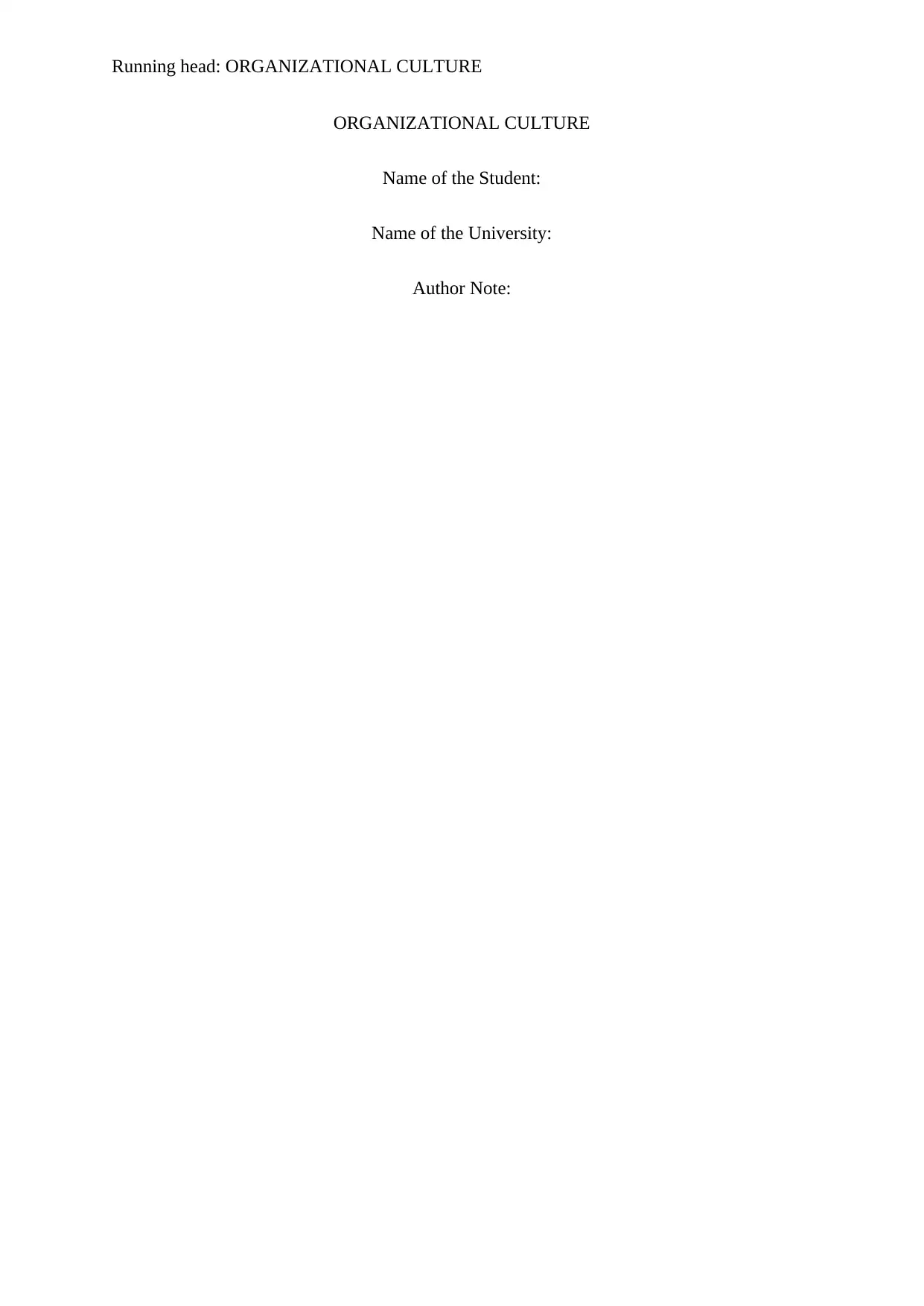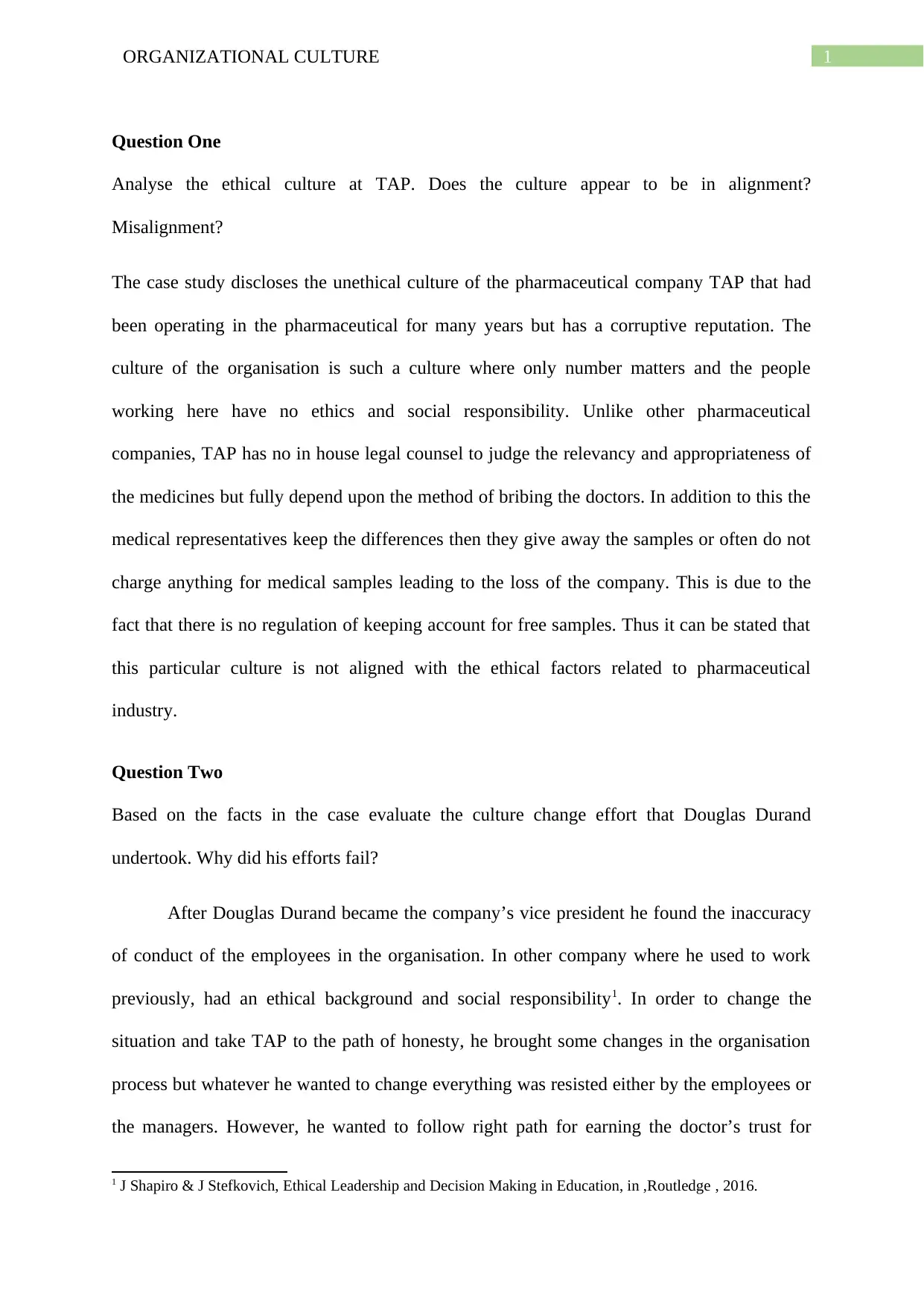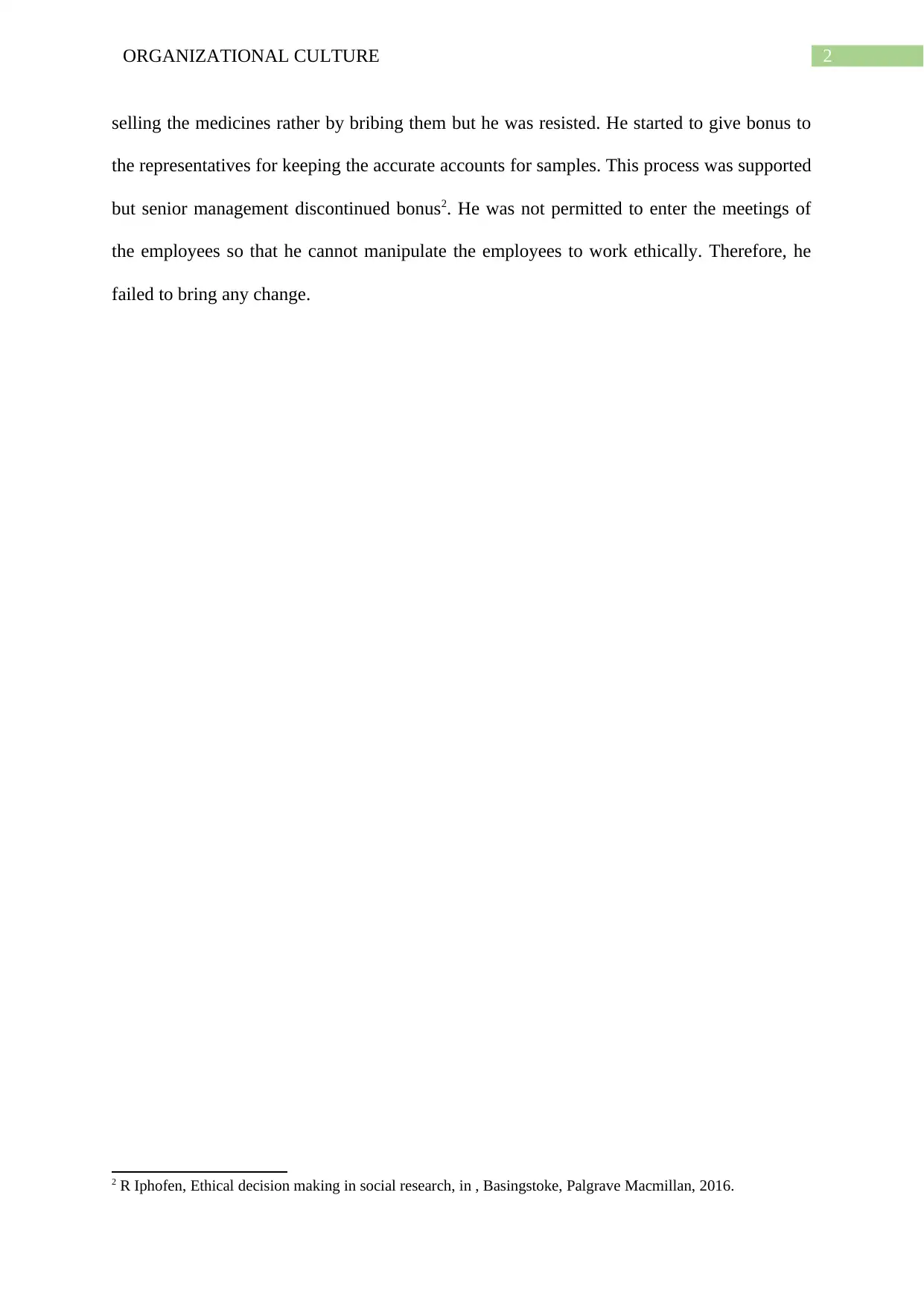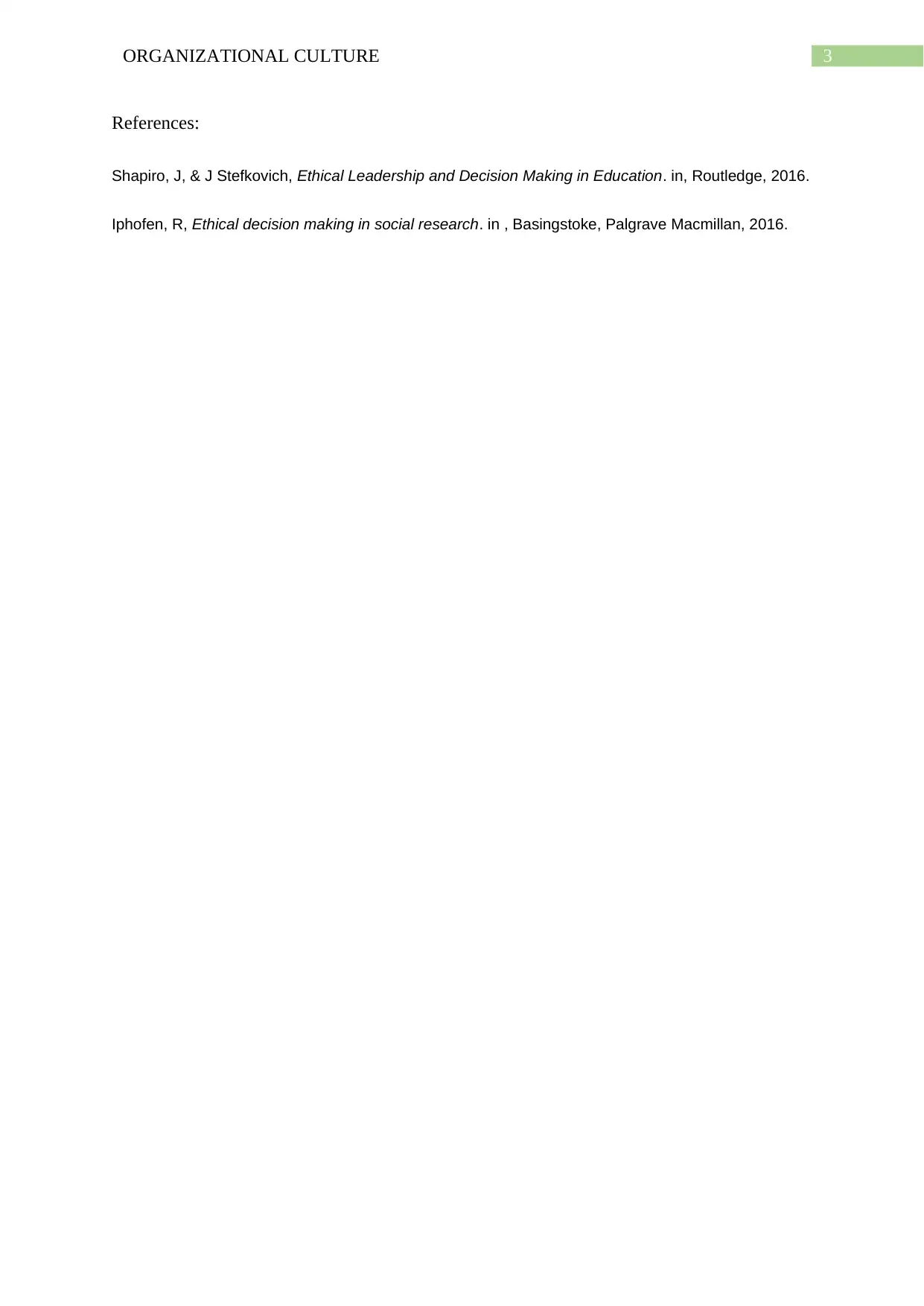BAP61 Stakeholder Values & Ethics: TAP Pharmaceuticals Case Study
VerifiedAdded on 2023/04/08
|4
|428
|494
Case Study
AI Summary
This case study analyzes the unethical culture at TAP Pharmaceuticals (TAP), where profits were prioritized over ethical conduct. The analysis reveals a misalignment between the company's practices and ethical standards, particularly regarding the bribery of doctors and the lack of accountability for medical samples. Douglas Durand's efforts to implement ethical changes, such as rewarding accurate sample accounting, were resisted by management and employees, ultimately leading to his failure to transform the company's culture. The case highlights the challenges of changing a deeply ingrained unethical culture within an organization and emphasizes the importance of ethical leadership and commitment from all levels of management.
1 out of 4








![[object Object]](/_next/static/media/star-bottom.7253800d.svg)